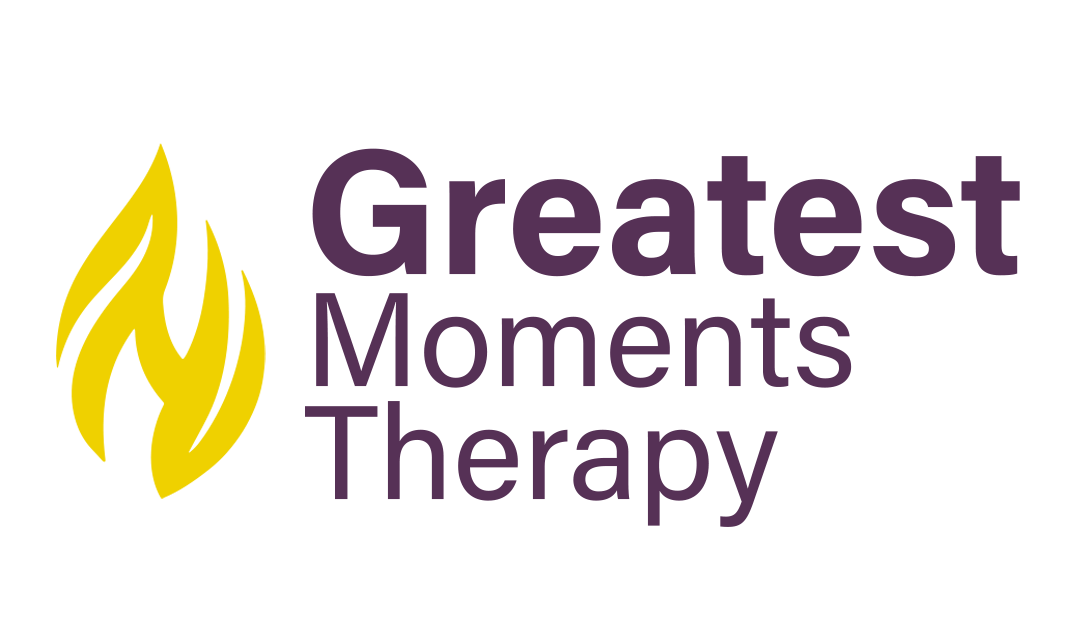Strategies for Managing OCD and Enhancing Daily Functioning

Obsessive-Compulsive Disorder (OCD) is a mental health condition characterized by intrusive thoughts and repetitive behaviors, which can significantly impact daily functioning. Individuals with OCD often face challenges in managing their symptoms, which can interfere with work, relationships, and general well-being. However, with appropriate strategies, it is possible to manage OCD effectively and enhance daily functioning. We will explore various approaches and techniques that individuals with OCD can use to cope with their symptoms and improve their quality of life.
Understanding OCD
Recognizing Symptoms
OCD is marked by obsessions (unwanted and distressing thoughts or images) and compulsions (repetitive behaviors or mental acts that a person feels driven to perform). Recognizing these symptoms is the first step in managing OCD, as it allows individuals to understand their experiences and seek appropriate help.
Impact on Daily Life
The intrusive nature of OCD can disrupt daily routines and responsibilities. Common challenges include difficulty concentrating, avoiding certain places or situations, and extended time spent performing compulsive behaviors.
Importance of Professional Diagnosis
A professional diagnosis is crucial for understanding the specific nature and severity of OCD. Mental health professionals can provide a comprehensive evaluation and recommend personalized treatment plans.
Effective Strategies for Managing OCD
Cognitive-Behavioral Therapy (CBT)
CBT is a widely recognized and effective treatment for OCD. It involves identifying and challenging irrational thoughts and beliefs associated with OCD and gradually facing feared situations or objects without engaging in compulsions.
Exposure and Response Prevention (ERP)
ERP, a component of CBT, is particularly effective for OCD. It involves controlled exposure to triggers of obsessions and practicing refraining from compulsive behaviors, thereby reducing the anxiety associated with these triggers over time.
Medication Management
Certain medications, particularly selective serotonin reuptake inhibitors (SSRIs), are effective in managing OCD symptoms. Medication should be considered as part of a broader treatment plan and under the guidance of a healthcare professional.
Developing Coping Strategies
Learning and developing coping strategies, such as relaxation techniques, mindfulness, and stress management, can help individuals with OCD manage their symptoms in daily life.
Enhancing Daily Functioning
Routine and Structure
Establishing a routine and structured environment can help individuals with OCD feel more in control. Consistent schedules and organized spaces can reduce the stress and uncertainty that often trigger OCD symptoms.
Self-Care and Wellness
Engaging in regular self-care activities, including exercise, healthy eating, and sufficient sleep, can have a positive impact on mental health and help in managing OCD symptoms.
Social Support and Communication
Building a support network of friends, family, and support groups can provide emotional support and understanding. Open communication about the challenges of OCD can also help in reducing stigma and isolation.
Setting Realistic Goals
Setting achievable and realistic goals can help individuals with OCD make progress in managing their symptoms. These goals should be specific, measurable, and time-bound, providing a sense of accomplishment and motivation.
Managing OCD and enhancing daily functioning requires a multifaceted approach that includes professional treatment, personal coping strategies, and lifestyle adjustments. By understanding the nature of OCD and employing effective management techniques, individuals can reduce the impact of OCD on their daily lives. Implementing these strategies can lead to improved well-being and empower individuals with OCD to lead more fulfilling and productive lives.
Are you or a loved one struggling with OCD and seeking effective ways to enhance daily functioning? Reach out to us for personalized support and guidance on managing OCD symptoms, where our dedicated team can help you navigate the path to improved well-being and quality of life.



